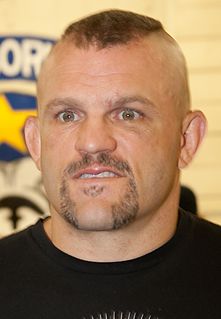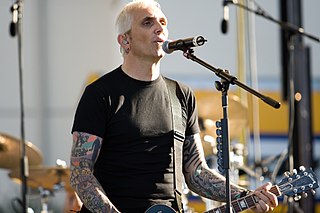A Quote by Molly Ivins
Manners are just a formal expression of how you treat people.
Related Quotes
Sahaja Yoga has cured people from cancer, from all kinds of diseases which they call incurable. How? Just by awakening the Kundalini. Sahaja Yogis don't go to any doctor, they had become doctors without studying Medicine. They treat the basics. While science is analysis, like a tree has got some leaves and are showing the symptoms of some disease they try to treat the leaves. But if you have to treat the leaves, you cannot do any justice, you have to go to the roots and treat the sap! And that is how - that is the only way you can treat the tree.
A record like 'Price of Fame' - when you do get this success, how do you treat it, or how do you let it treat you? How does it affect your family and friends and the people around you? ... And I don't mind telling people what I've been through when it comes to the pressure I put on myself of wanting to be the best and the greatest.
I am a stickler for good manners, and I believe that treating other people well is a lost art. In the workplace, at the dinner table, and walking down the street--we are confronted with choices on how to treat people nearly every waking moment. Over time these choices define who we are and whether we have a lot of friends and allies or none.
Fathers are very, very important in building the foundations and self-esteem of children. For me, the way that I was raised, consideration, courtesy and manners are really key and I think the father plays a big role in setting an example to children in how to behave out in the world and how to treat people. It's a little bit different when it comes from the dad rather than the mum somehow.

































